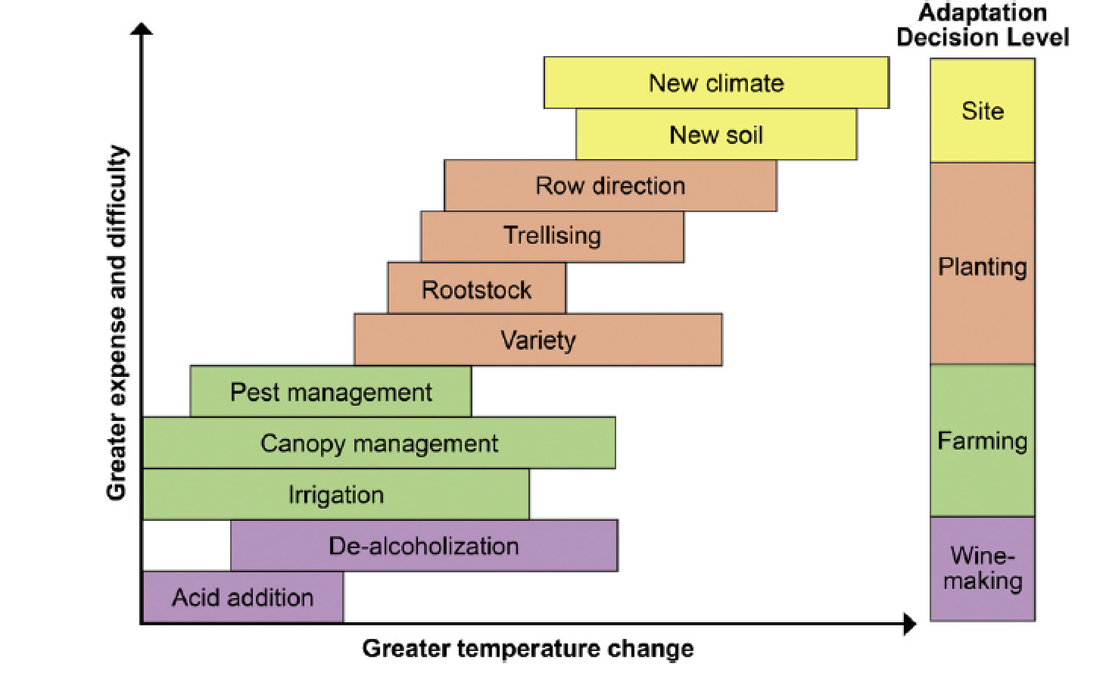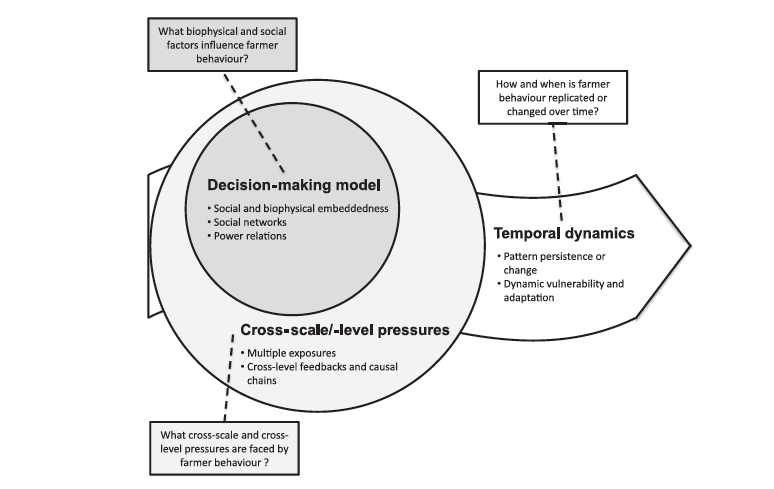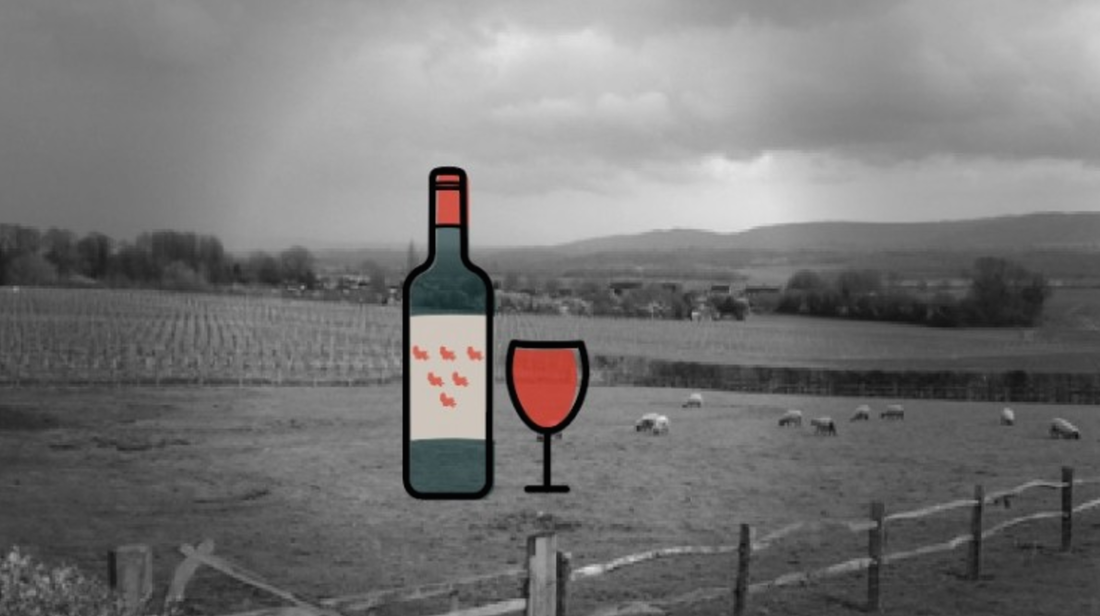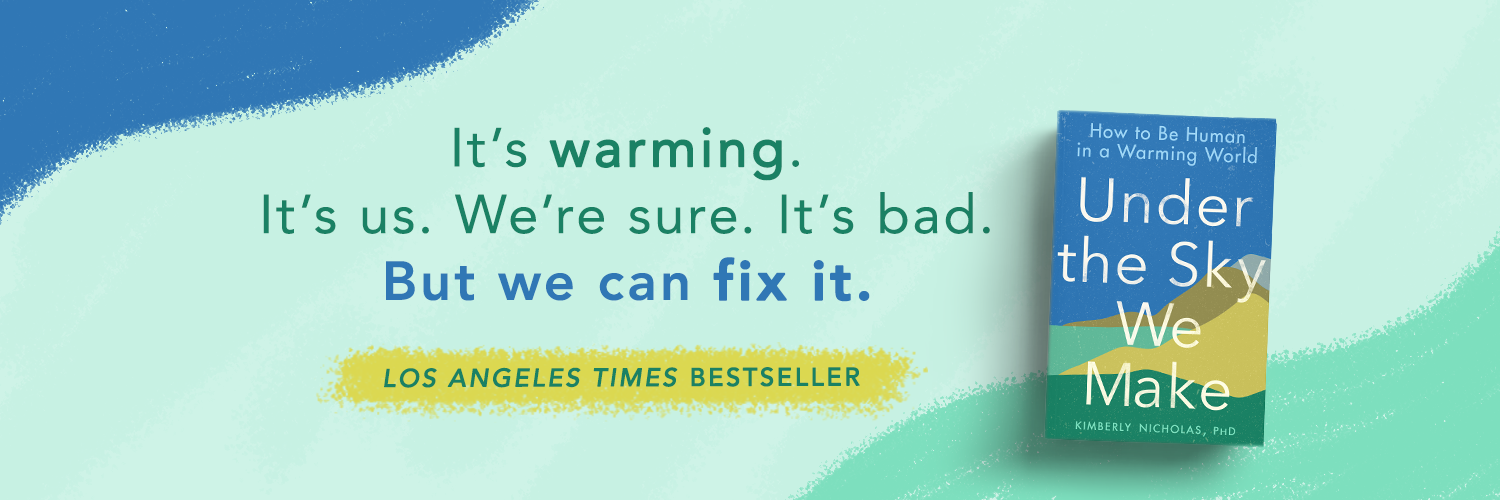Winegrower adaptation to climate change
I first became interested in agricultural climate adaptation in my PhD dissertation, for which I interviewed winegrowers and winemakers in Northern California to understand their motivations for management decision-making, and analyzed their vulnerability and adaptive capacity to climate change.
We concluded that, while a number of adaptation options exist, grower responses to environmental stresses tended to be individual, reactive, and based on past experience, which presents challenges for adapting to the novel and increased stresses of climate change (Nicholas and Durham, 2012, Global Environmental Change).
We concluded that, while a number of adaptation options exist, grower responses to environmental stresses tended to be individual, reactive, and based on past experience, which presents challenges for adapting to the novel and increased stresses of climate change (Nicholas and Durham, 2012, Global Environmental Change).
Understanding farmer decisionmaking
What do farmers think about when they make decisions about managing their farms? And how do changing conditions influence these decisions? Understanding farmer behavior can help develop more sustainable and resilient farming systems in the face of changes and volatility in climate, consumer demand, and land competition. In this study (summarized in this blog post for SIANI), we gathered five diverse case studies to develop a framework for studying farmer decisions to account for the environmental and social context, the interaction of many influences across scales, and how farmers act over time.
UK Low-carbon wine pioneersMSc student Ellen Redford writes about how the emerging wine industry in Sussex, England can adopt best practices from low-carbon wine pioneers.
|
Motivations of organic German winegrowers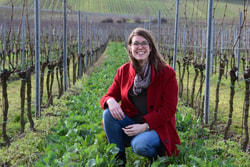
Master's student Laura Siepmann summarizes her thesis findings on motivations for German winegrowers to adopt organic farming. See also her earlier fieldwork report. The full study was published open-access in 2018.
|
Interview Protocols
In response to requests, I'm happy to make my original protocols for the interviews I conducted for my PhD research available here. Please feel free to adapt and use as you like. If you end up using them, you can cite the original source as Nicholas and Durham 2012.
The full interview questionnaire (longform sheet for interviewer to fill out during interview, includes ranking exercises with cards)
Short interview questions (adapted to be easier to use in practice)
See also my blog post on research design and ethics for survey research, including a link to the human subjects protocol I had approved to conduct this research.
The full interview questionnaire (longform sheet for interviewer to fill out during interview, includes ranking exercises with cards)
Short interview questions (adapted to be easier to use in practice)
See also my blog post on research design and ethics for survey research, including a link to the human subjects protocol I had approved to conduct this research.
